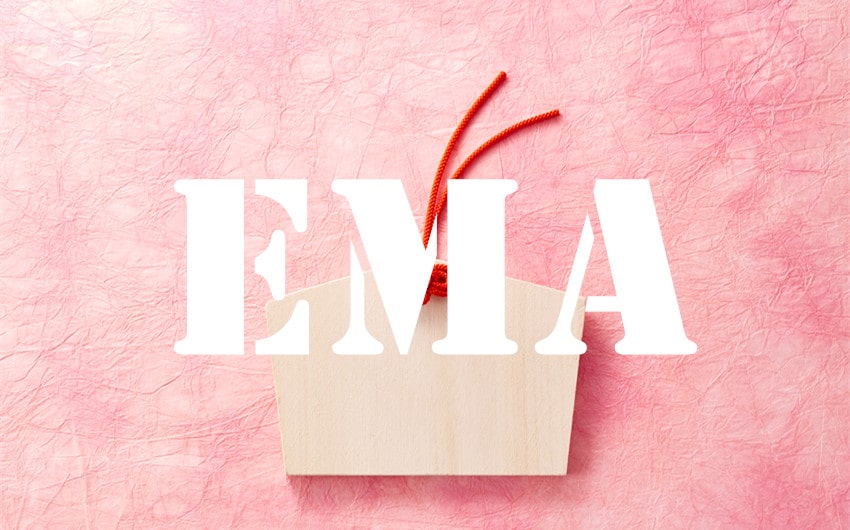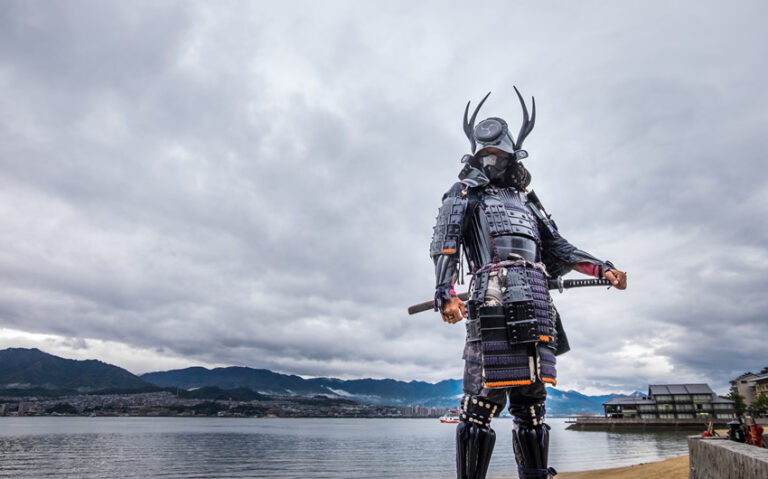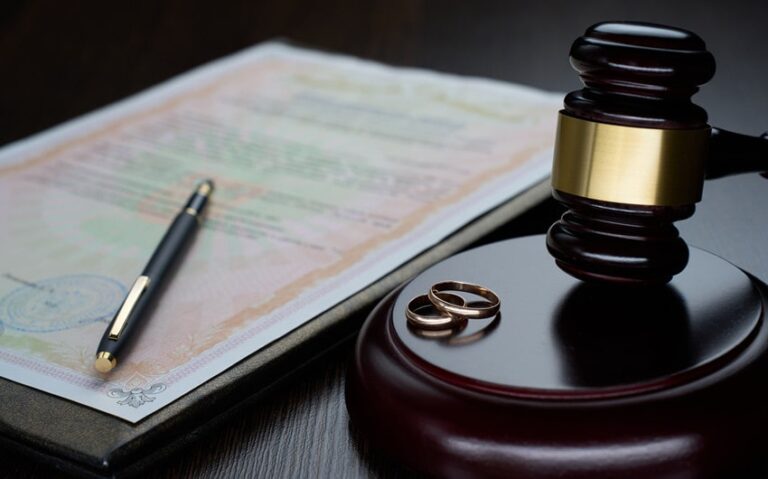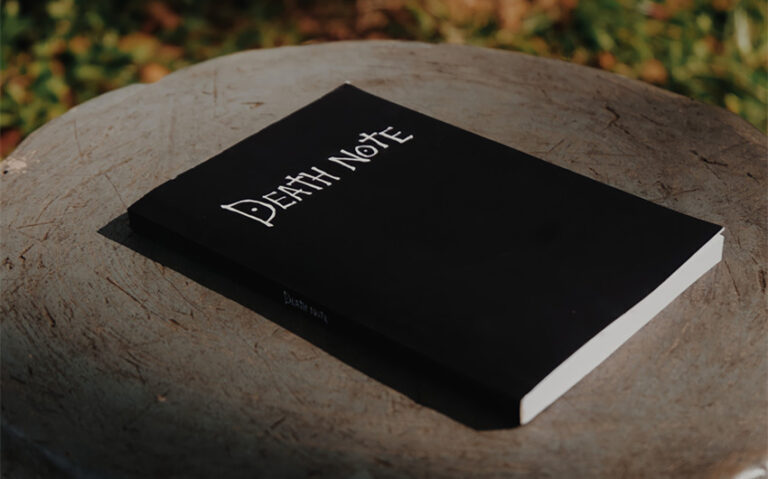Ema Name Meaning in Japanese and Its Spiritual Connections
Japanese names often carry rich layers of meaning, shaped by the kanji used and the cultural values they reflect. Ema is a beautiful and versatile name that’s both modern and traditional, making it a popular choice in Japan and beyond.
Exploring the meaning of the name Ema in Japanese reveals a range of interpretations—from blessings and truth to symbols of prayer and hope. With roots in language, nature, and even spiritual tradition, Ema holds more depth than you might expect. Let’s take a closer look at what this graceful name really means and the stories it carries.
Linguistic Origins and Kanji Variations of Ema
In Japanese, Ema (えま / エマ) can be written with different kanji, each giving the name a unique meaning.
Common Kanji Variations of Ema
恵麻 (Ema) – “Blessed flax”
-
- 恵 (E): Blessing, grace
- 麻 (Ma): Flax, purity
- Symbolism: Gentle strength and natural beauty.
絵馬 (Ema) – “Picture horse”
-
- 絵 (E): Picture, painting
- 馬 (Ma): Horse, speed, power
- Symbolism: Linked to Shinto prayer plaques, representing creativity and hope.
栄真 (Ema) – “Prosperity and truth”
-
- 栄 (E): Success, growth
- 真 (Ma): Truth, sincerity
- Symbolism: Integrity and ambition.
Non-Kanji Spellings
- Hiragana (えま): Soft, traditional.
- Katakana (エマ): Modern, often linked to the Western name “Emma.”
Symbolic and Cultural Meanings of Ema
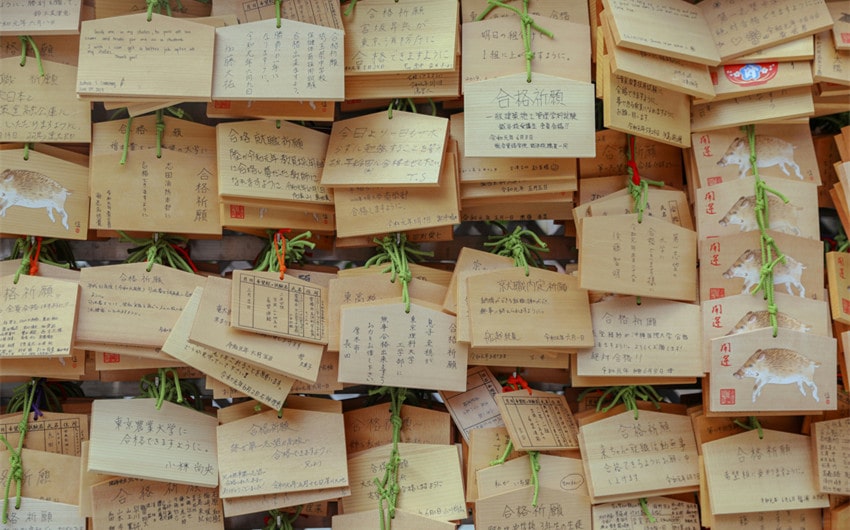
The name Ema holds meaningful symbolism in Japanese culture, going beyond its beauty and simplicity. Depending on the kanji used, Ema can represent themes of blessing, creativity, sincerity, and spiritual connection. Its cultural depth is also enriched by its ties to Shinto traditions, making the name not only elegant but spiritually resonant.
1. Connection to Shinto Prayer Plaques (絵馬)
One of the most culturally significant meanings of Ema comes from the Shinto practice of writing wishes or prayers on wooden plaques called 絵馬 (also pronounced “ema”).
- These “picture horses” are offered at shrines in hopes that the gods will grant requests related to health, success, love, or protection.
- Originally, people donated live horses to shrines; later, the practice evolved into offering symbolic painted plaques.
- As a name, Ema evokes a sense of hope, devotion, and spiritual sincerity, reflecting a deep cultural tradition of connecting with the divine through intention and prayer.
2. Symbol of Blessing and Grace
When written with kanji such as 恵麻, Ema carries meanings like “blessing” (恵) and “flax” (麻)—a plant associated with purity, resilience, and healing in Japan.
- This version of the name reflects gentleness, strength, and grace, characteristics highly valued in Japanese culture.
- It also conveys a wish for a peaceful and fortunate life, often chosen by parents for daughters with the hope of bestowing kindness and positivity.
3. Representation of Artistic and Expressive Spirit
The kanji 絵 (E) means “picture” or “painting”, and when combined with 馬 (Ma) for “horse,” it forms the name of the Shinto plaques—but it also brings forward themes of creativity and freedom.
- Horses are symbolic of movement, passion, and vitality, while pictures evoke self-expression and imagination.
- Ema, in this form, represents someone with a free spirit, artistic energy, or a thoughtful nature—a person who may be in tune with the world around them and expressive in how they connect with it.
4. Cultural Bridge Between East and West
Ema is also used as a phonetic variant of the Western name “Emma” (エマ in katakana), making it a cross-cultural name that blends global familiarity with Japanese tradition.
- As such, it represents modern identity, adaptability, and international harmony.
- It’s a name that feels at home in both traditional Japanese settings and contemporary global cultures, making it popular for those seeking a name with universal appeal and local meaning.

